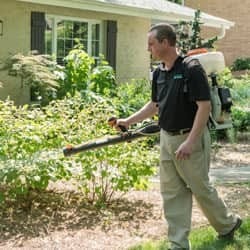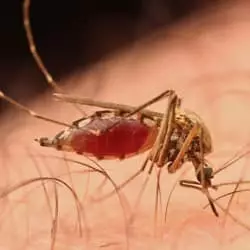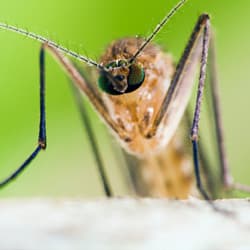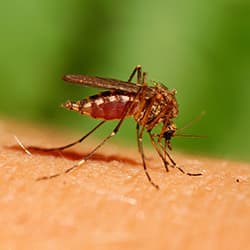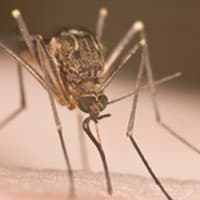If you’ve been following the news, you are probably aware of the Zika virus. It made headlines in 2016 as cases of travel-related Zika appeared all across the country, and local transmission began to occur in Florida. For pregnant women, Zika is a threat like no other. It has the capability to cause microcephaly in unborn children at all stages of pregnancy. So, as we head into mosquito season, here are a few things you should know about mosquitoes in Tennessee.
Tennessee Mosquitoes And Zika Facts
-
Not every mosquito that bites you is a mosquito capable of carrying Zika, West Nile, or other viruses.
-
Mosquitoes that have Zika virus are not born with it.
-
The mosquito species most responsible for the spread of human viruses are Aedes aegypti and Aedes albopictus. Both of these mosquito species have distribution in Tennessee.
-
There is a difference between a case of travel-related mosquito virus and local transmission. Travel-related cases popped up in several states last year for the Zika virus, but only Florida and Texas saw transmissions of the virus to local residents. These outbreaks were contained naturally when mosquitoes went dormant for the winter.
-
Any state that has Aedes mosquitoes is at risk for a Zika outbreak, but states that are warm and more humid are at greater risk.
-
The best protection against all mosquito-borne viruses is mosquito abatement. It is the protocol U.S. health agencies use. This protocol is more effective the more it is implemented. For best protection, it is vital that home and business owners get involved.
-
Aedes mosquitoes do not generally travel more than 500 meters from their place of birth within their entire lifetime. That means that the mosquitoes that bite you on your property came from your property or the surrounding area.
-
Control of standing water is the first step in stopping mosquitoes from breeding.
-
Standing water that cannot be removed can be treated to prevent egg development.
-
Mosquitoes are known to spread Zika, West Nile, encephalitis, malaria, dengue fever, yellow fever, and chikungunya.
-
Personal protection and mosquito services can drastically reduce the risk of contracting a mosquito virus.
It is important to understand that Zika, West Nile, and other mosquito-born viruses do not always produce symptoms, and not every mosquito that bites you is dangerous. But, the threat is real. If the right conditions come together, they can have dire consequences. Please be safe this mosquito season by taking measures to protect yourself. If you need assistance with mosquito service for your property, you can trust Russell’s Pest Control to keep you safe. Our team uses the most advanced methods and equipment for safe and effective mosquito reduction.
